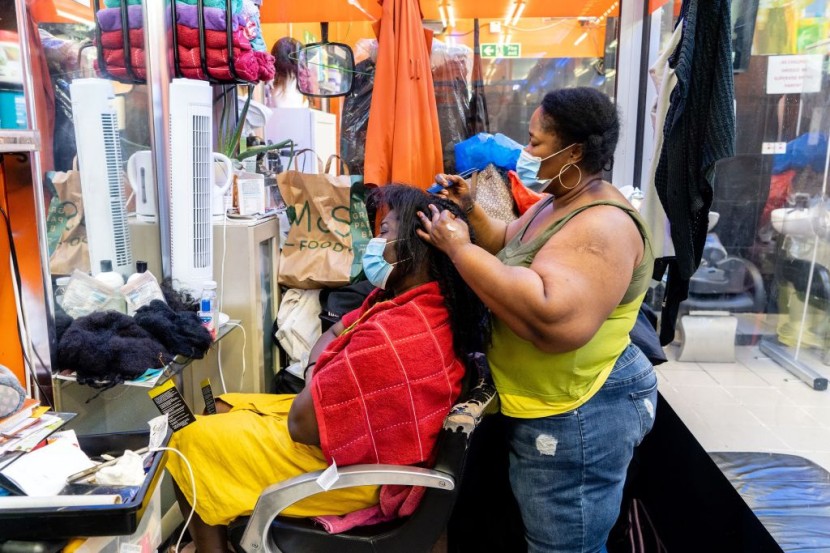The recruitment campaign began in October of last year, just days after a U.S.
A study conducted by the National Institutes of Health (NIH) discovered an association, but not a causal link, between the use of chemical hair relaxers and uterine cancer.
According to the lawsuits, hair straighteners like L'Oreal's Dark & Lovely and Revlon's Creme of Nature are primarily marketed to women of color.

Some of the advertisements depict Black women applying hair products before listening to a summary of the NIH study's findings.
What L'Oreal and Revlon Have To Say
According to L'Oreal and Revlon, their products are subjected to rigorous safety testing. The companies pointed out that the NIH study's authors stated that they did not draw definitive conclusions about the cause of the women's cancers and that more research is needed.
L'Oreal stated that it is committed to providing the best products "for all skin and hair types, all genders, all identities, all cultures, and all ages" and that its hair relaxers have a "rich heritage and history" that began with Black inventors and entrepreneurs.
Namaste, which sells ORS Olive Oil relaxers, claims that all of the ingredients in its products have been approved for cosmetic use by US regulators. "We do not believe the plaintiffs have shown, or will be able to show, that the use of Namaste hair relaxer products caused the injuries that they allege in their complaints," a lawyer for Namaste and its parent company, Dabur India, told Reuters in an email.
The other companies named in the lawsuit either declined to comment or did not respond to requests for comment.
Read also: New Cervical Cancer Drug Advance Offers Hope for Patients
Challenges With the Legal Claims
The legal claims' success will be determined by proving that the products were harmful and that the companies were aware of, or should have been aware of, the danger and failed to warn customers.
However, the cases face challenges: in addition to the NIH study's potential limitations, plaintiffs are suing multiple companies, and if women do not have receipts, they may struggle to provide evidence that they used specific products.
Many plaintiffs' lawyers have filed over 7,000 similar lawsuits since then. The cases have been consolidated in a federal court in Chicago as part of a multidistrict litigation proceeding (MDL), a procedure designed to manage lawsuits filed in multiple jurisdictions more efficiently.
Despite the fact that the lawsuits do not allege racial discrimination, Crump believes the cases should be viewed as "essentially civil rights issues."
According to Jayne Conroy, a lawyer whose firm has filed at least 550 hair relaxer cases, the vast majority of plaintiffs are women of color, and attorneys do not have complete demographic data on their clients.
A master complaint filed in the court proceeding that will consolidate the lawsuits includes numerous examples of advertisements that plaintiffs claim took unfair advantage of historical racial discrimination.
According to the complaint, one L'Oreal advertisement emphasized "how beautiful Black hair can be."
The incidents occur at a time when African-Americans are increasingly embracing natural hairstyles. At least 23 states have enacted legislation to prevent hair discrimination in the workplace and public schools. Last year, the House of Representatives passed similar legislation, but it died in the Senate.
© 2026 HNGN, All rights reserved. Do not reproduce without permission.








